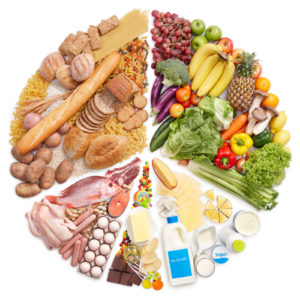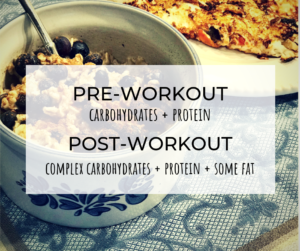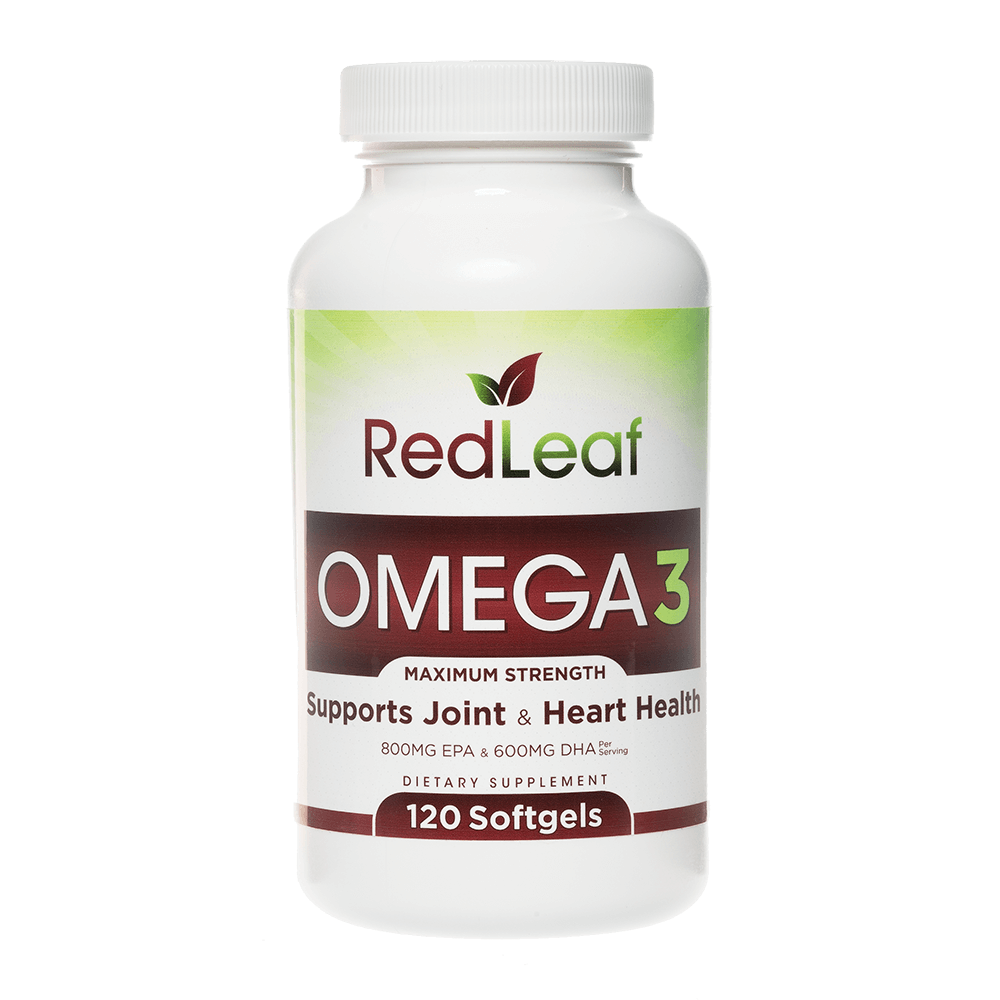We speak a lot about the importance of good nutrition here at ISN. We understand if you put great things into your body, your body gives you great things in return. This can come in the form of more energy to complete your work on time, play with your kids, or do that workout you’ve resolved to do three times per week. This post is a nutrition deep dive. What are macronutrients? What about the micronutrients people rave about? What about nutrient timing? Covering it all below, kicking off with macronutrients.
Nutrition Deep Dive: Macronutrients

To begin, macronutrients (or macros, like the kids say) consist of three main types of food:
- Carbohydrates
- Proteins
- Fats
Carbohydrates are the body’s preferred fuel source, and for the sake of leaving out the science lesson, are converted to glycogen once consumed and give us energy.
Proteins are the building blocks of muscle. They are made up of amino acids, and need to be consumed in order to survive. Typically, protein comes from sources such as animal meat, fish, tofu, and beans.
Fats make the system function appropriately. They help hormones work as they should, and also aid in nutrient absorption. Eating a green salad? Dress it with some olive oil to absorb it better.
How many should I eat?
Every person is different. If you’re going to go down the road of counting macros, we recommend finding a coach. We love the guys at Summit Strength.
If you’re simply trying to be more cognizant about what you put in your body, begin by simply keeping track in a diary either on your phone or even on a piece of paper.
Nutrition Deep Dive: Micronutrients
While macros get a lot of the love in social media, micronutrients are the silent heroes working behind the scenes to keep you running at your best. Micronutrients are the vitamins and minerals in the foods you eat, and possibly the supplements you take.
These include things such as potassium (helps you not cramp), sodium, zinc and magnesium (improve sleep), etc. The list is nearly endless.
Tracking micronutrients is actually somewhat tough – so we recommend just getting lots of them!
How do I get lots of them?
Simple! Eat a wide variety of fruits and vegetables, and have a serving of one or the other every time you eat. Things like baby carrots, apple slices, and celery sticks are great for snack time, when it is harder to remember to eat fruits and vegetables.
Nutrition Deep Dive: Nutrition Timing
You can go extremely deep on nutrition timing, and for the purposes of this post the focus is on pre and post workout nutrition.
pre-workout nutrition:
The last thing you want when working out is an upset stomach. If you’re working out intensely, this can lead to some pretty uncomfortable intestinal responses…if you get our drift.
Focus on carbohydrates before you workout, as they are the fuel for your muscles to push through your workout. Preferably the sources of these carbohydrates would be low glycemic, meaning they digest slowly in your body. Some of our favorite sources include:
- Berries
- Apples
- Old Fashioned or Steel Cut Oats
- Whole Grain Bread
- Sweet Potatoes
You also want to include a small amount of protein, and a small amount of fat. A tablespoon of peanut butter or another nut butter does nicely. Too much fat will upset your stomach, but just a little slows down digestion of your carbs a little bit, and steadies your blood sugar throughout the workout.
Post-Workout nutrition:
After you’ve sweated and felt the full rush of the workout endorphins, it is time to refuel and recover. Two macronutrients are your friend: carbs and protein.
Fat slows digestion (as discussed above) and therefore slows down the rate at which your muscles take in other nutrients. For that reason, you want to focus on quicker absorbing carbohydrates and a lean protein source. Some great combinations include:
- Grilled Chicken or Fish with White Rice
- Smoothie with banana, berries, spinach, and protein powder of choice
- 0% or 2% Greek Yogurt with Fruit and Oats
- Protein shake with a large Banana
Find something your stomach can handle while still in the 30-60 minutes after your workout. After you’ve showered, relaxed, and are at meal time, your meal can look balanced with a serving of healthy carbs, protein, and fats.
Nutrition is personal.
At the end of the day, the nutrition plan that works best for you is the best nutrition plan. Take the time to find different foods you enjoy, sit well in your stomach, and help you both feel amazing and reach the goals you’re striving for.




